
Dr. Leah Macfadyen
Associate Professor of Teaching
Critical Intercultural Studies
Digital literacies
Digital Research Methods
Instructional approaches
Multiliteracy and multimodality
Online pedagogies
Biography
Leah Macfadyen is an Associate Professor of Teaching in the Department of Language and Literacy Education and the Master of Educational Technology (MET) program (UBC Faculty of Education). A broad-ranging interdisciplinarian, she has graduate training that spans the experimental sciences as well as the humanities and social sciences. Dr. Macfadyen’s early research in online learning drew on her interest in culture and intercultural communication, and was shaped by the realities of increasingly diverse learner communities in digital environments.
Over the past decade, the growth of data captured by learning technologies—and the emergence of the field of learning analytics—has spurred Dr. Macfadyen to bring analytic and scientific approaches to the study of virtual learning. Her research examines how evidence from learning environments can be interpreted responsibly and used to improve learning design, feedback practices, and instructional decision-making. She has published qualitative, quantitative, and mixed-methods research in peer-reviewed venues across education, learning analytics, and digital learning, and she often works at the intersection of research and practice, using real course contexts to explore what supports (and constrains) meaningful change.
In recent years, Dr. Macfadyen’s work has expanded to include AI literacy and the responsible integration of generative AI in higher education and professional learning. She is particularly interested in how AI tools reshape the everyday practices of learners and educators—how people make judgments, verify information, navigate uncertainty, and take responsibility when AI systems are involved in learning and assessed work. Alongside this, she is committed to critical conversations about data and AI literacy, equity, and the ethical and social implications of data-driven and AI-mediated education.
Media
Selected Publications
Books

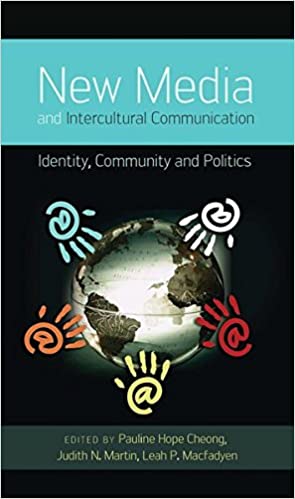
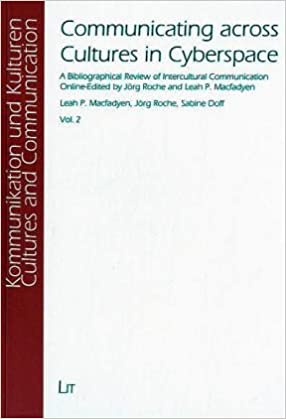
Journal Articles

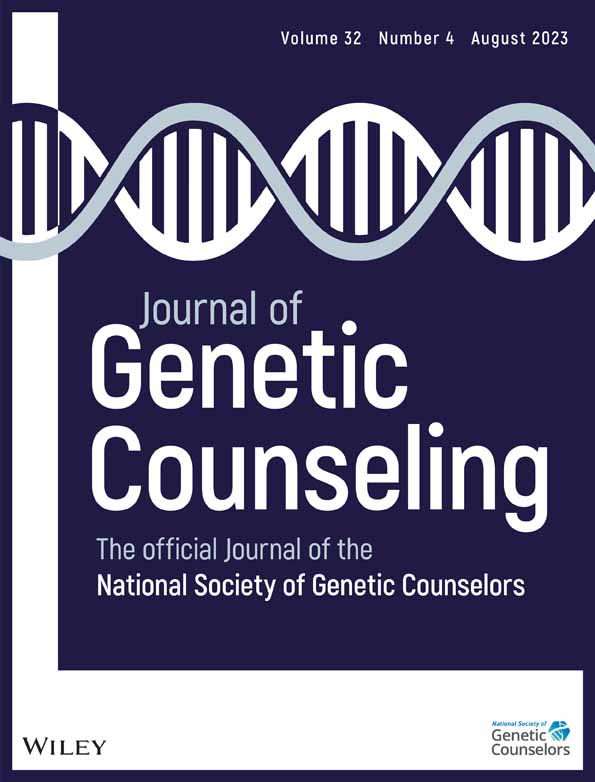
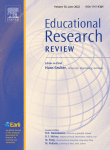


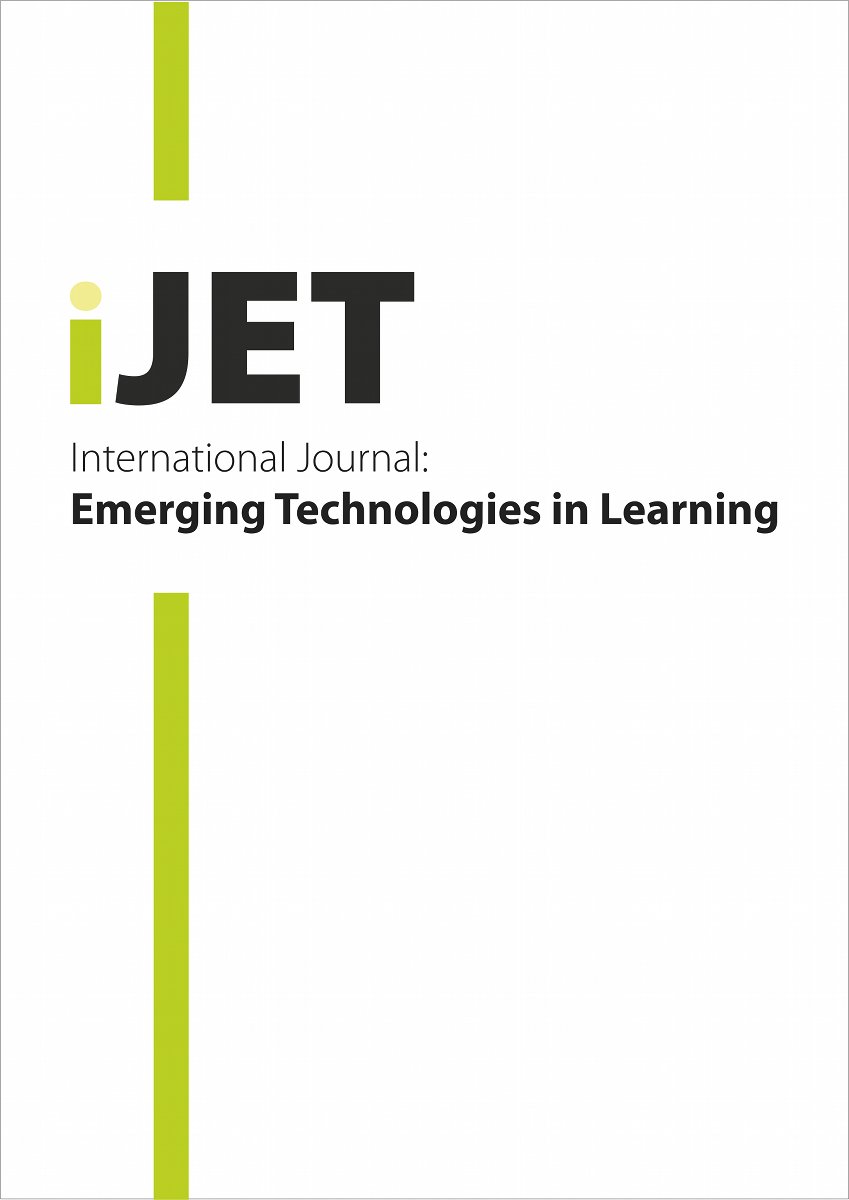

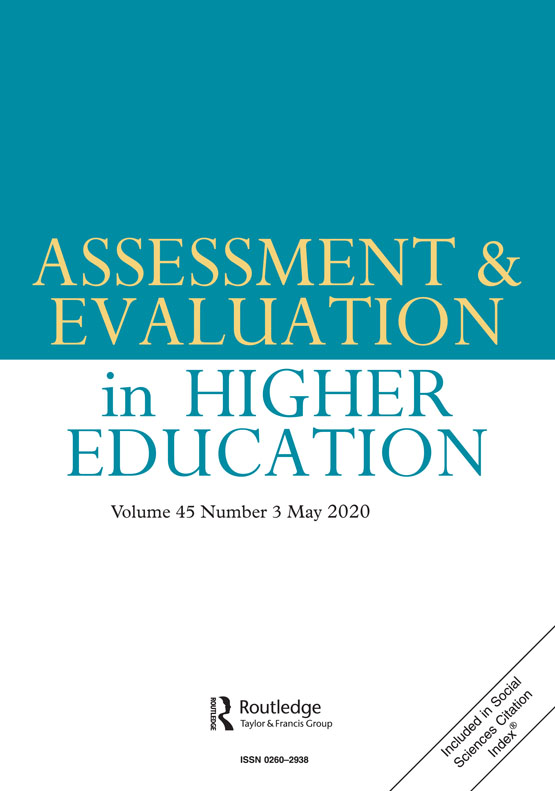
Ferguson, R., Macfadyen, L. P., Clow, D., Tynan, B., Alexander, S., & Dawson, S. (2014). Setting learning analytics in context: Overcoming the barriers to large-scale adoption. Journal of Learning Analytics, 1(3), 120-144. https://doi.org/10.18608/jla.2014.13.7
Macfadyen, L. P., Dawson, S. Pardo, A., & Gašević, D. (2014). Embracing big data in complex educational systems: The learning analytics imperative and the policy challenge. Research & Practice in Assessment, 9, 17-28. http://www.rpajournal.com/dev/wp-content/uploads/2014/10/A2.pdf
Macfadyen, L. P. & Dawson, S. (2012). Numbers are not enough. Why e-Learning analytics failed to inform aninstitutional strategic plan. Journal of Educational Technology & Society, 1(3), 149-163. https://www.jstor.org/stable/jeductechsoci.15.3.149
Dawson, S., Macfadyen, L. P., Lockyer, L. & Mazzochi-Jones, D. (2011). Using social network metrics to assess the effectiveness of broad based admission practices. Australasian Journal of Educational Technology, 27(1), 16-27. https://doi.org/10.14742/ajet.979
Macfadyen, L. P. (2011). Perils of parsimony: The problematic paradigm of ‘national culture’. Information, Communicationand Society, 14(2), 280-293, http://dx.doi.org/10.1080/1369118X.2010.486839
Macfadyen, L. P., & Dawson, S. (2010). Mining LMS data to develop an ‘‘early warning system” for educators: A proof of concept. Computers & Education, 54, 588-599. https://doi.org/10.1016/j.compedu.2009.09.008
Macfadyen, L. P. (2008). “A Scottish person supporting England is an impossibility”: Reflections on world cup mania and Scottish national identity. International Journal of Interdisciplinary Social Sciences, 3(6), 185-191.https://doi.org/10.18848/1833-1882/CGP/v03i06/52644
Macfadyen, L. P. (2008). Diaspora and denial? Holocaust accounts of a polish community in exile. International Journal of the Humanities, 6(5), 57-64. https://doi.org/10.18848/1447-9508/CGP/v06i05/42448
Macfadyen, L. P. (2006). Virtual ethnicity: The new digitization of place, body, language, and memory. Electronic Magazine of Multicultural Education, 8 (1). https://dx.doi.org/10.14288/1.0058425
Macfadyen,L.P. (2006). In a world of text, is the author King? The revolutionary potential of wiki (open content) technologies. Hastings Bridge: A Journal from the Graduate Liberal Studies Program, 6, 3-14.
Weiss-Lambrou, R., & Macfadyen, L. P. (2005). Soutien du corps professoral dans une initiative d’enseignement avec les technologies de l’information et de la communication à l’Université de Montréal. Revue internationale des technologies en pédagogie universitaire, 2(1), 59-61. https://www.ritpu.ca/fr/articles/view/69
Macfadyen, L. P. (2005). From the spoken to the written: The changing cultural role of folk and fairy tales. Journal of Graduate Liberal Studies, X(1), 143-153. https://dx.doi.org/10.14288/1.0303102
Reeder, K., Macfadyen, L. P., Chase, M. and Roche, J. (2004). Negotiating culture in cyberspace: participation patterns and problematics. Language Learning and Technology, 8(2), 88-105. http://dx.doi.org/10125/25242
Chase, M., Macfadyen, L. P., Reeder, K. and Roche, J. (2002). Intercultural challenges in networked learning: hard technologies meet soft skills. First Monday, 7(8) (August 2002) https://firstmonday.org/ojs/index.php/fm/article/view/975
Book Chapters
Macfadyen, L. P. (2022). Institutional implementation of learning analytics: Current state, challenges, and guiding frameworks. In C. Lang, G. Siemens, A. F. Wise, D. Gašević, & A. Merceron (Eds.), The Handbook of learning analytics (2 ed., pp. 173-186). Society for Learning Analytics Research. https://www.solaresearch.org/publications/hla-22/hla22-chapter17/
Cheong, P. H., Martin, J. & Macfadyen, L. P. (2012). Introduction: Mediated intercultural communication matters: Understanding new media, dialectics, and social change. In P. Cheong, J. Martin and L. P. Macfadyen (Eds.),New media and intercultural communication: Identity, community and politics. (pp. 1-16). Peter Lang.
Macfadyen, L. P. & Hewling, A. (2011). How the earth moved. ‘Difference’ and transformative learning in an online course on global citizenship. In R. Land & S. Bayne (Eds.), Digital differences: Perspectives on online education (pp. 83-100). Sense Publishers.
Macfadyen, L. P. (2009). Being and learning in the online classroom: Linguistic practices and ritual text acts. In M. N.Lamy & R. Goodfellow (Eds.), Learning cultures in online education. Continuum Press.
Macfadyen, L. P. (2006). Internet-mediated communication at the cultural interface. In C. Ghaoui (Ed.), Encyclopedia of Human-Computer Interaction (pp. 373-380). The Idea Group, Inc.
Macfadyen, L. P. (2006). The culture(s) of cyberspace. In C. Ghaoui (Ed.), Encyclopedia of Human-Computer Interaction (pp. 143-149). The Idea Group, Inc.
Macfadyen, L. P. (2006). The prospects for identity and community in cyberspace. In C. Ghaoui (Ed.), Encyclopedia of Human-Computer Interaction (pp. 471-478). The Idea Group, Inc.
Macfadyen, L. P. & Doff., S. (2006). The language of cyberspace. In C. Ghaoui (Ed.), Encyclopedia of Human-Computer Interaction (pp. 396-403). The Idea Group, Inc.
Open Educational Resources
Macfadyen, L. P., Morales, E., & Roche, J. (2025). Culture and communication in digital worlds [online resource]. https://digitalcultures.ca
Macfadyen, L. P., Birch, P. Guimond, C., Cremin, C., & Dewell, S. (2025). Genetics and genomics for nurse practitioners. [A collection of learning materials for nurse practitioner education and NP professional development.] See: https://blogs.ubc.ca/npedge/
Macfadyen, L. P. (2023). Integrating Indigenous pedagogies into online learning. [A web-based learning design resource for educators.] https://lddi.educ.ubc.ca/integrating-indigenous-pedagogies-into-online-learning/
Conference Proceedings
Macfadyen, L. P. & Myers, A. (2023). The “IKEA model” for pragmatic development of a custom learning analytics dashboard. In T. Cochrane, V. Narayan, C. Brown, K. MacCallum, E. Bone, C. Deneen, R. Vanderburg, & B. Hurren (Eds.), People, partnerships and pedagogies. Proceedings ASCILITE 2023. Christchurch (pp. 482-486). https://doi.org/10.14742/apubs.2023.465
Rashtian, H., Hashemi, A., & Macfadyen, L. P. (2020). Harnessing natural language processing to support curriculum analysis. In L. Gómez Chova, A. López Martínez, & I. Candel Torres (Eds.), Proceedings, ICERI2020, the 13th annual international conference of education, research and innovation (pp. 1779-1784). International Academy of Technology, Education and Development (IATED). https://doi.org/10.21125/iceri.2020.0445
Macfadyen, L. P. (2020). Content analytics for curriculum review: A learning analytics use case for exploration of learner context. In S. Gregory, S. Warburton, & M. Parkes (Eds.), Proceedings, ASCILITE 2020: 37th international conference on innovation, practice and research in the use of educational technologies in tertiary education (pp. 42-47). ASCILITE. https://2020conference.ascilite.org/wp-content/uploads/2021/04/ASCILITE-2020-Proceedings-Macfayden-L.pdf
Wei, J., Cutler, F., Macfadyen, L. P. & Shirazi, S. (2019). Implementing learning analytics: Instructor perspectives. In A. Aghababyan, & S. San Pedro (Eds.), Companion proceedings, the 9th international conference on learning analytics and knowledge (LAK’19) (pp. 56-61). https://www.solaresearch.org/wp-content/uploads/2019/08/LAK19_Companion_Proceedings.pdf
Lang, C., Macfadyen, L. P., Slade, S., Prinsloo, P. & Sclater, N. (2018). The complexities of developing a personal code of ethics for learning analytics practitioners: Implications for institutions and the field. In A. Pardo, K. Bartimote-Aufflick, & G. Lynch (Eds.), Proceedings of the 8th international conference on learning analytics and knowledge (LAK’18) (pp. 436-440). ACM. https://doi.org/10.1145/3170358.3170396
Macfadyen, L. P. (2017). What does a learning analytics practitioner need to know? In Y. Bergner, C. Lang, G. Gray, S. Teasley, & J. Stamper (Eds.), Joint proceedings of the workshop on methodology in learning analytics (MLA) and the workshop on building the learning analytics curriculum (BLAC), hosted by 7th International Conference on Learning Analytics and Knowledge Conference (LAK’17). http://ceur-ws.org/Vol-1915/paper4.pdf
Macfadyen, L. P., Groth, D., Rehrey, G., Shepard, L., Greer, J., Ward, D., Bennett, C., Kaupp, J., Molinaro, M. & Steinwachs, M. (2017). Developing institutional learning analytics ‘communities of transformation’ to support student success. In A. F. Wise, P. Winne, & G. Lynch (Eds.), Proceedings of the 7th international conference on learning analytics & knowledge (LAK’17) (pp. 498-499). ACM. https://doi.org/10.1145/3027385.3029426
Clow, D., Ferguson, R., Macfadyen, L. P., Prinsloo, P., & Slade, S. (2016). LAK Failathon. In J. Baron, G. Lynch, & N. Maziarz (Eds.), Proceedings of the 5th international conference on learning analytics & knowledge (LAK’16) (pp. 509-511). ACM. https://doi.org/10.1145/2883851.2883918
Macfadyen, L. P. (2016). Using EventFlow and CoCo to explore classroom activity patterns and learner performance. In B. Chen, A. F. Wise, S. Knight, & B. Haugan Cheng (Eds.), Proceedings, putting temporal analytics into practice: The 5th international workshop on temporality in learning data, hosted by the 6th International Conference on Learning Analytics and Knowledge (LAK’16).
Roll, I., Macfadyen, L. P., Cimet, M., Shiozaki, L., Paulin, D., & Harris, S. (2016). Questions, not answers: Boosting student participation in MOOC forums. In G. Siemens, & V. Price (Eds.), Proceedings of the third annual learning with MOOCs conference (LWMOOCs16).
Paulin, D., Haythornthwaite, C., & Macfadyen, L. P. (2015). Social network analysis of UBC MOOCs: Illuminating learning networks. In M. Matiz, P. B. Kaufman, G. Schuessler, R. Baker, D. Gašević, & E. Y. Wang (Eds.), Proceedings of the second annual learning with MOOCs conference (LWMOOCs15).
Roll, I., Macfadyen, L. P. & Sandilands, D. (2015). Evaluating the relationship between course structure, learner activity, and perceived value of online courses.In G. Kiczales, D. Russell, & B. Woolf (Eds.), Proceedings, second (2015) ACM conference on learning @ scale (pp. 385-388). ACM. https://doi.org/10.1145/2724660.2728699
Ferguson, R., Clow, D., Macfadyen, L. P., Essa, A., Dawson, S. & Alexander, S. (2014). Setting learning analytics in context: Overcoming the barriers to large-scale adoption. In A. Pardo, & S. Teasley (Eds.), Proceedings of the 4th international conference on learning analytics and knowledge (LAK’14) (pp. 251-253). ACM.https://doi.org/10.1145/2567574.2567592
Dawson, S., Macfadyen, L. P., Risko, E., Foulsham, T. & Kingstone, A. (2012). Using technology to encourage self-directed learning: The Collaborative Lecture Annotation System. In M. Brown, M. Hartnett, & T. Stewart (Eds.), Proceedings, Australasian society for computers in learning in tertiary education conference 2012. ASCILITE. http://www.ascilite.org/conferences/Wellington12/2012/images/custom/dawson,_shane_-_using_technology.pdf
Macfadyen, L. P. & Sorenson, P. (2010). Using LiMS (the learner interaction monitoring system) to track online learner engagement and evaluate course design. In R. S. J. d. Baker, A. Merceron, & P. I. Pavlik Jr. (Eds.), Proceedings, third international conference on educational data mining (pp. 301-302). https://educationaldatamining.org/EDM2010/uploads/proc/edm2010_submission_73.pdf
Dawson, S., Macfadyen, L. P., Lockyer, L. & Mazzochi-Jones, D. (2010). From neural to social: Medical student admissions criteria and engagement in a social learning environment. In S. Housego, C. Steel, & M. Keppell (Eds.), Proceedings, Australasian society for computers in learning in tertiary education conference 2010 (pp. 292-301). ASCILITE. https://www.ascilite.org/conferences/sydney10/procs/Dawson-full.pdf
Dawson, S., Macfadyen, L. P. & Lockyer, L. (2009). Learning or performance: Predicting drivers of student motivation. In R. Atkinson, & C. McBeath (Eds.), Proceedings, Australasian society for computers in learning in tertiary education conference 2009 (pp. 184-193). ASCILITE. https://ascilite.org/conferences/auckland09/procs/dawson.pdf
Macfadyen, L. P. (2008). The perils of parsimony. “National culture” as red herring? In F. Sudweeks, H. Hrachoveć, & C. Ess (Eds.), Proceedings, cultural attitudes towards technology and communication 2008. Murdoch University. https://dx.doi.org/10.14288/1.0058428
Lee, J. & Macfadyen, L. P. (2009). Reciprocal peer observation of teaching: Networking across disciplines. In Proceedings, Improving University Teaching 2009.
Macfadyen, L. P. (2008). Constructing ethnicity and identity in the online classroom: Linguistic practices and ritual text acts. In Proceedings, networked learning conference 2008. http://www.networkedlearningconference.org.uk/past/nlc2008/abstracts/PDFs/Macfadyen_560-568.pdf
Macfadyen, L. P. & Hewling, A. (2007). How the earth moved. ‘Difference’ and transformative learning in an online course on global citizenship. In R. Land, S. Bayne & J. Ross (Eds.), Proceedings, ideas in cyberspace education 3: Digital difference. Moray House School of Education. http://www.ice3.education.ed.ac.uk/papers/hewlingmacfadyen.html
Macfadyen, L. P. (2006). In a world of text, is the author King? The revolutionary potential of wiki (open content) technologies. In F. Sudweeks, H. Hrachoveć, & C. Ess (Eds.), Proceedings, cultural attitudes towards technology and communication 2006 (pp. 285-298). Murdoch University.
Reeder, K., Macfadyen, L. P., Chase, M. and Roche, J. (2004). Falling through the cultural gaps? Intercultural communication challenges in cyberspace. In In F. Sudweeks, & C. Ess (Eds.), Proceedings, cultural attitudes towards technology and communication 2004. Murdoch University.
Macfadyen, L. P., Chase, M., Reeder, K. and Roche, J. (2003). Matches and mismatches in intercultural learning: Designing and moderating an online intercultural course. In Proceedings, UNESCO Conference on International and Intercultural Education 2003.
Macfadyen, L. P. (2003). Intercultural and international education via the Internet: Success stories from Canada. In Proceedings, UNESCO Conference on International and Intercultural Education 2003.
Chase, M., Macfadyen, L. P., Reeder, K. and Roche, J. (2002). Intercultural challenges in networked learning: Hard technologies meet soft skills. In Proceedings of the 3rd international conference: Networked learning 2002.